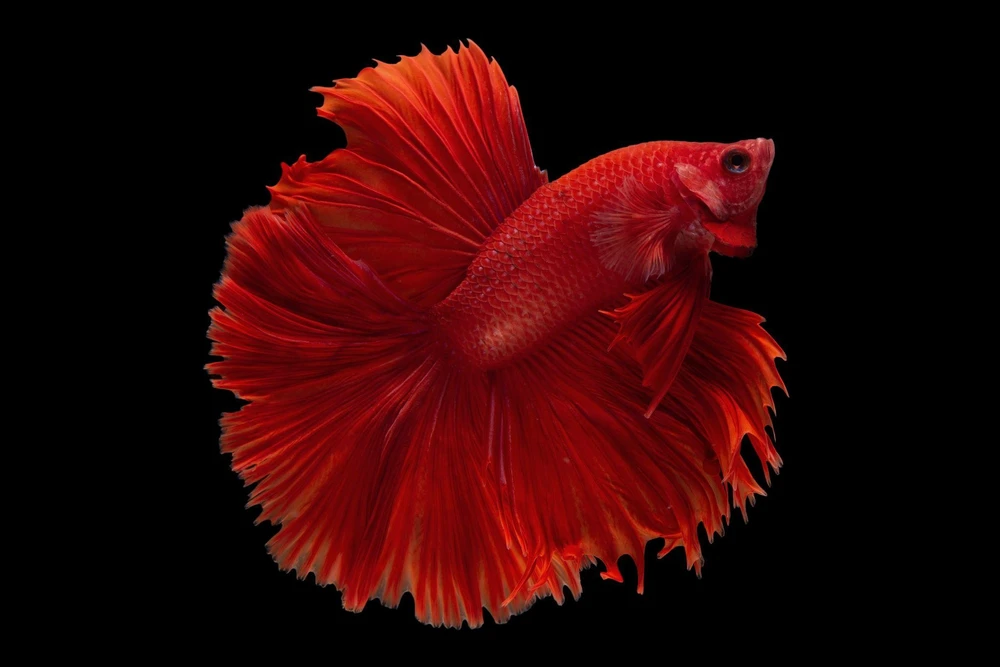If you turn off your aquarium filter every night, you will not be suitable for the fish in your tank. In the long run, shutting your filter off for hours at a time can cause problems. The filter is essential to the health of your tank. There is a fair chance you already understand that the filter removes debris from your water, such as food that has not been eaten, waste from fish, and dead plant matter.
It is essential to get that junk out of there, but it is only one of the crucial things your filter does. Is it true that colonies of bacteria live in your tank? They break down the toxic chemicals in the water to make them safe to drink. A lot of nitrogen goes through this process every day. Filters play an essential role in this process.
First, the filter is one of the places in your tank where the colonies of microbes are most likely to grow and thrive. As a second thing, your filter helps the water move around. For both fish and microbes, oxygen is vital in your tank because it helps them stay healthy and grow. Without it, they would die.
New Aquarium Owners….
New aquarium owners often put in an air pump to make bubbles in their tanks, thinking they are adding oxygen to the water. This is not true. As lengthy as you keep a good filter that moves the water, your fish will get all the oxygen they need. It will add a little, but it usually does not harm. If you turn off your filter so that the water does not flow over the parts inside, you do not give the microbes that live there the oxygen they need to live.
In the same way that fish can be hardy, the microbes in your tank can be too. For them, turning off the filter for a night now and then is not going to do too much harm at all. That will kill your fish and the bacteria that live in the water in the long run. If you do this every night, your fish and the bacteria will not get enough oxygen for eight hours out of every twenty-four. Putting your aquarium filter out of service at night is the last reason not to do it.
What will happen if you turn it back on? It all depends on how often you have cleaned your filters. During the priming process, some filters will dump a lot of dirty water and other debris back into your tank. If you go through that every morning, you are putting all the garbage your filter took out of the tank the day before back into it. This is an excellent reason to keep your filter running and an excellent reason to keep up with good tank maintenance.
How long can you turn off the aquarium filter at night?
They may wonder if they can turn off their aquarium filter when they get a new tank at first. To see why this could be, we will start at the beginning. How long can the filter be turned off in a fish tank? If you want to avoid problems with your aquarium filter, you should try to run it for at least 24 hours a day, seven days a week.
Filters move the water and remove waste and fish food that has not been eaten from the tank. Aquarium filters also have a lot of good bacteria in them. These bacteria help keep fish tanks healthy.
Do aquarium filters require to be on all the time?
Because the filters make a lot of noise, many people want to turn them off. Instead of putting your fish at risk, it is better to figure out what makes the filter so noisy. Many different types of aquarium filters come in different shapes, sizes, and power levels, so the noise you hear could come from anywhere! Other than that, not all the sounds you hear can come from your filter, so the only way to know for sure is to separate them.
Given how far technology has come, most filters are not very noisy. As they move the water, the splashing noise can bother some people. You may notice that the sounds get louder when the intake nozzle gets clogged with algae or other things. As a side note, this will affect how well your filter works. If this is the case, it means you need to clean your water filter.
Do fish need full dark sleep?
In an aquarium, fish cannot see in the dark. They have another way to sense other animals in the water near them, no matter how dark or light it is. Across the sides of their bodies, there are rows of pressure-sensitive organs that can sense when they are being hit.
These rows are called neuromasts, and they help the fish sense the presence of other animals in the water. Neuromasts work by paying attention to pressure changes in the water around them. In some tropical fish, like the elephant nose, an electric organ is found in its tail. This is how electric eels and sharks find food.




